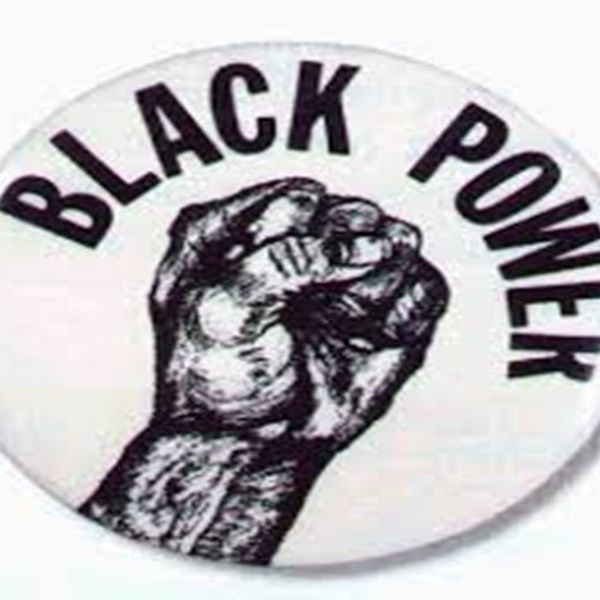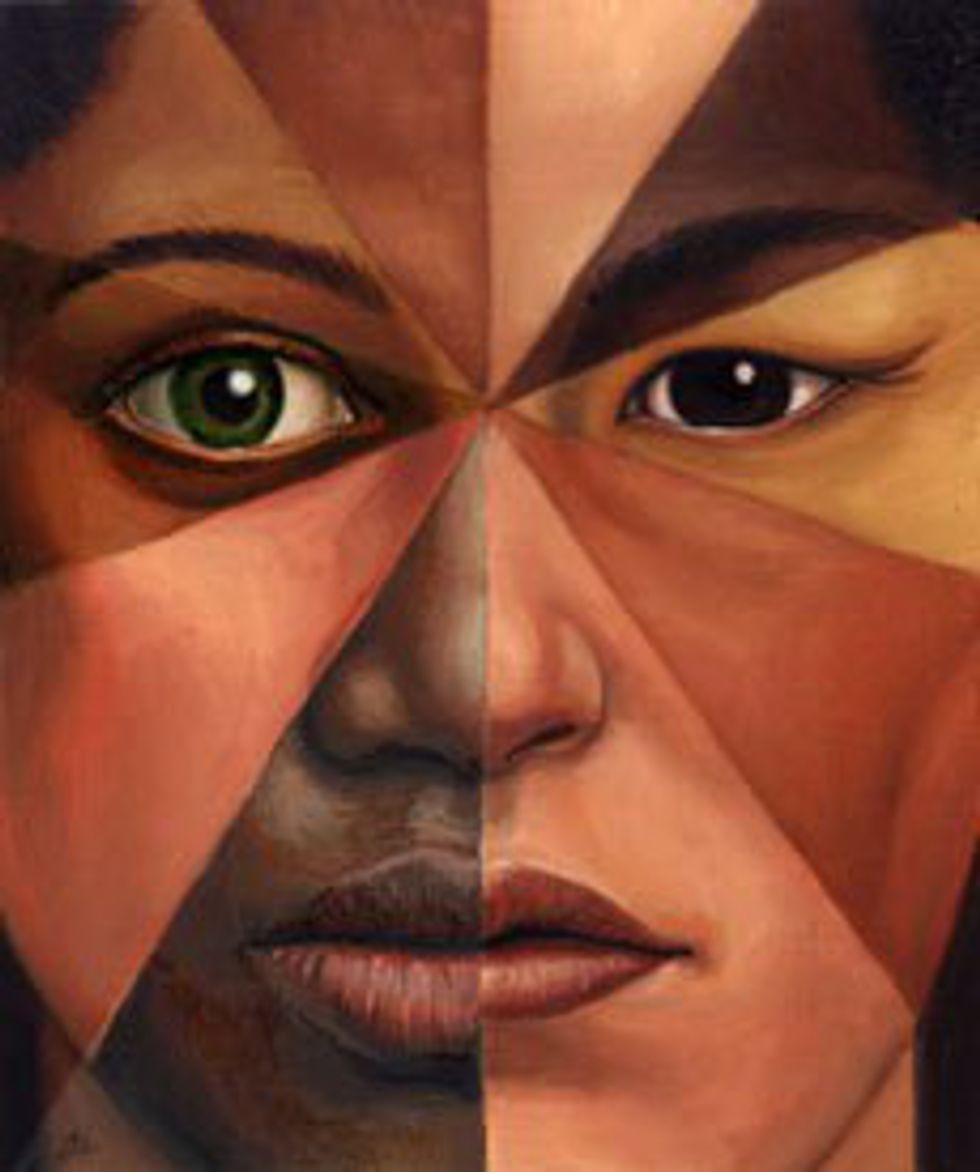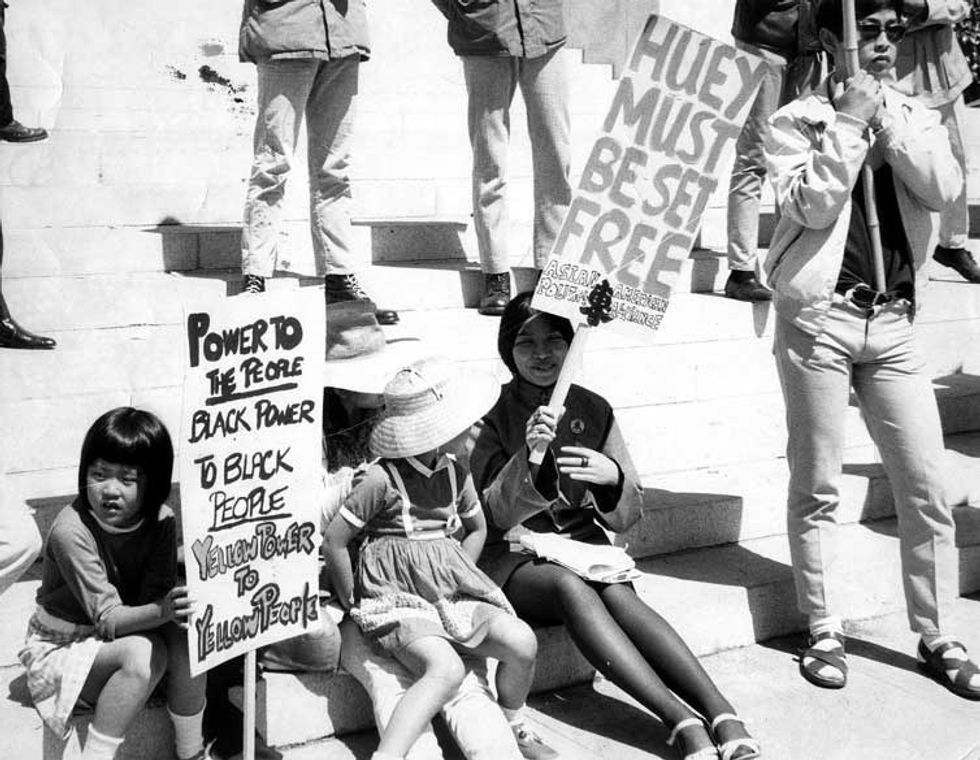I don't remember when I first realized I was black. I just know that race was something that I was always aware of. I remember being a child and hearing my family say things like, "that’s white people music," or "she sounds white." The meaning being "white" was something we were not. In a way, it was also something that was perceived as being somewhat negative and worth mocking.
I am not saying that we did not have white friends or white relatives; we had plenty and we lived in a community that was at least 70 percent white. But as a minority group in a position of disempowerment, we had to find ways to claim autonomy and a sense of community. If that meant pointing out flaws within the dominant group ways in which we were different then these strange people, then so be it.
I grew up knowing I was black and that white people enjoyed bland food and weird music. The problem with this was when I inadvertently began to enjoy rock music, something firmly in the category of "white people" things. Does one lose their group identity, their black card, if they enjoy the same things as the dominant group? To a certain extent, I say "yes" and "no." This idea is too complex to be explored in full, as it differs depending upon the person and the situation.
Despite my divergent interests, I was still a black female and a part of my cultural group. However, as I grew older, I became aware that anyone who was not white was part of a larger category. We identified with one another's struggles and experiences as the nation's minority. But we still preferred our own cultures; we just appreciated and respected one another's differences. As a child, I recognized my Hispanic and Asian friends as being others like myself: Similar within our minority status, yet still unique and different.
This camaraderie between racial minorities within the U.S. is a result of social movements in the 1960s and 1970s. We had our own movements, but also worked with one another, supporting and cheering for success and equality. This relationship has been lovely and beautiful, of course, and it seems to have weathered the test of time. But within the dominant (white) culture, this fact seems to be unknown or even ignored. It has also led to frustrating new ways of classifying non whites.
The term POC ("people of color") isn't new, but the connotations and ways in which it is being used are. Coming to Smith as a first year, I could not help but to be struck by the usage of this term "people of color." Suddenly, all of us were lumped into one big conglomerate. It seemed as though my culture was being erased and that I was being merged into a new category. To me, this term has become an easy way out; it is lazy. Instead of acknowledging people of colors individuality, we are thrown together and erased as individuals. I love solidarity among diverse groups, but this does not mean that we have to forget that we are all unique. Being non-white does not mean we are all the same, aside from facing similar effects of a colonial legacy. It just means some of us were blessed with more melanin in our skin and a beautiful history of our ancestors.
To all of those who are labeled as POC and sometimes bothered by it, don't feel guilty because you are entitled to your emotions. If it feels wrong, chances are that it is.
























